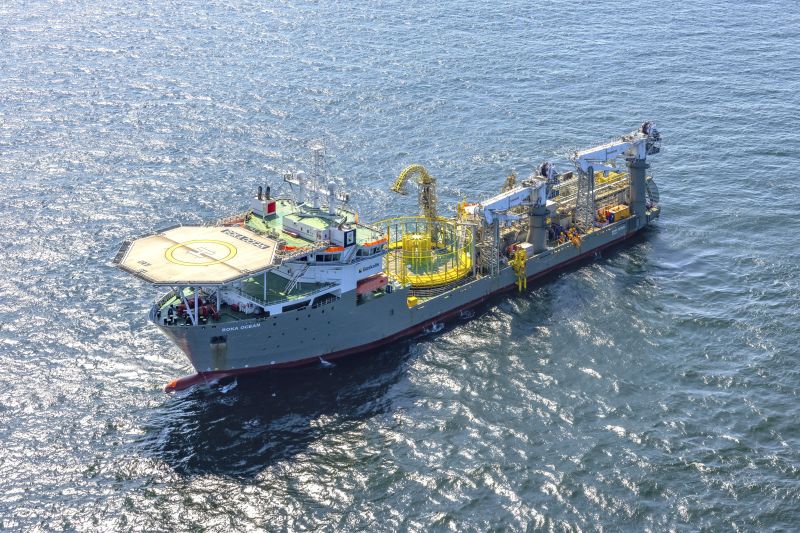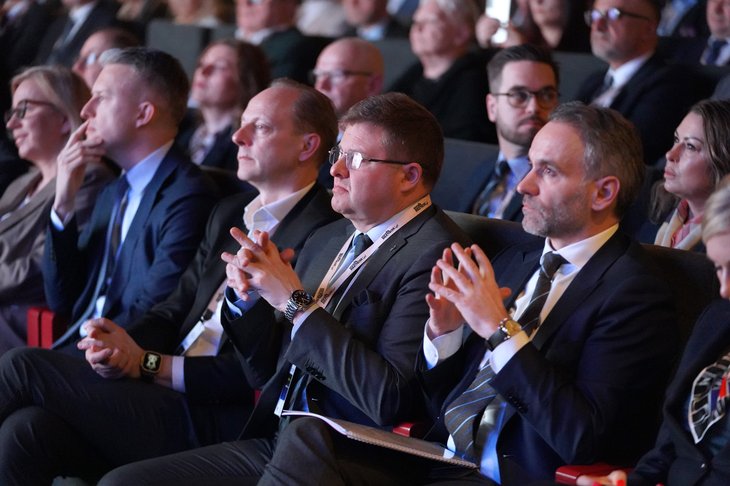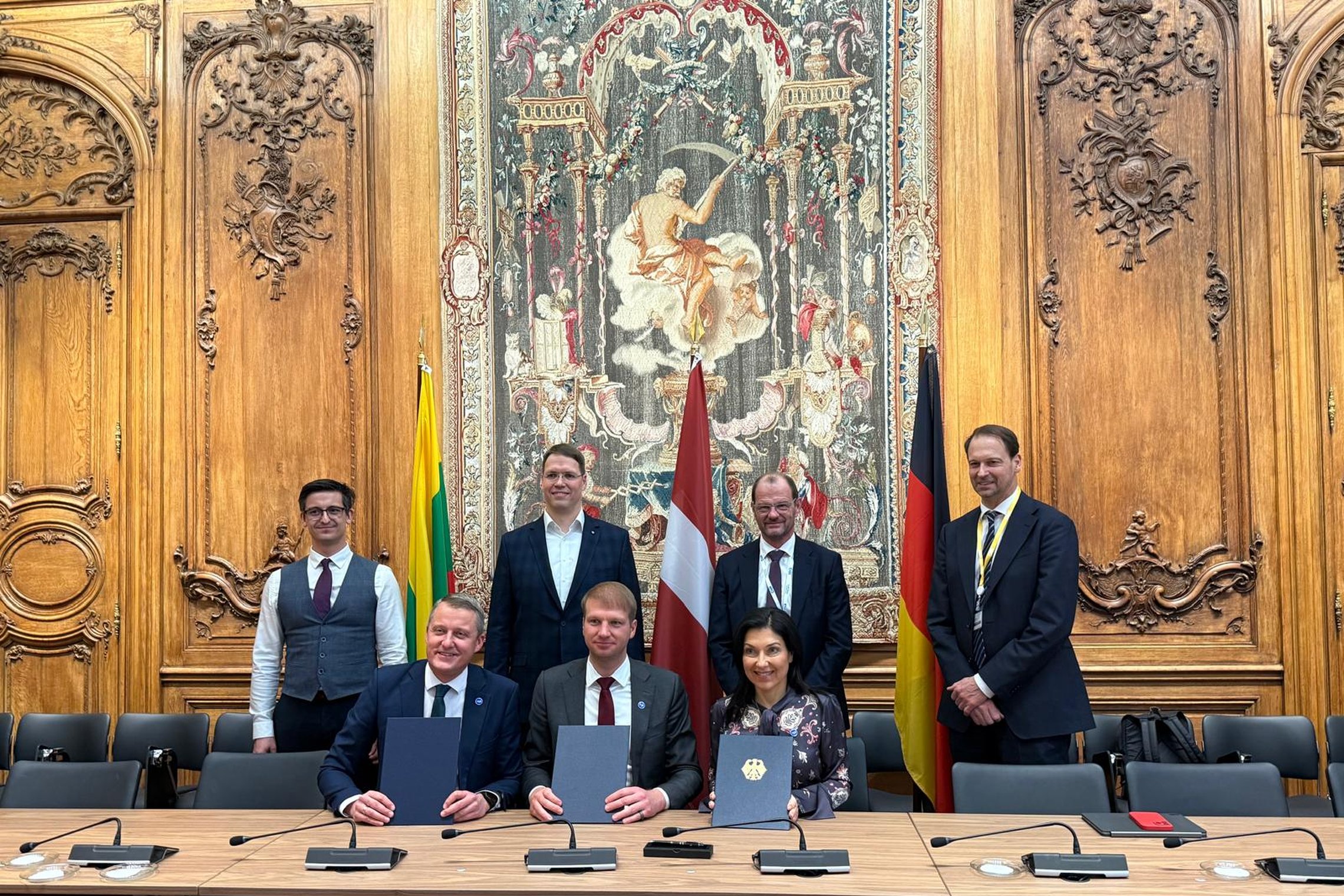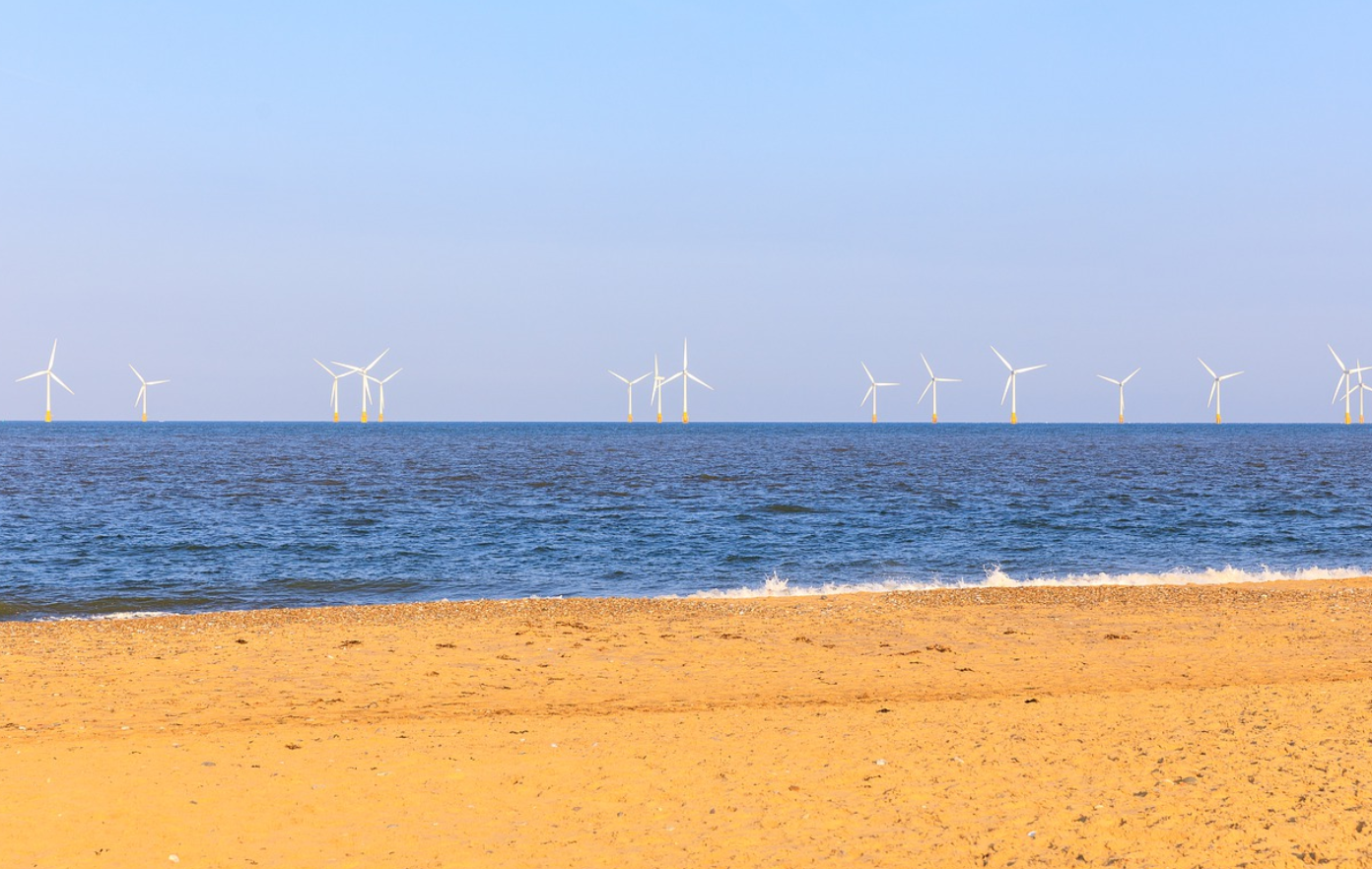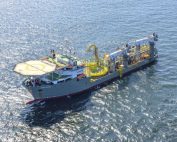Berlin, August 26, 2025 I The shortage of skilled workers is jeopardizing the expansion of renewable energies in Germany – and thus also offshore wind energy.
According to a recent model calculation by the Institute for Employment Research (IAB), around 157,000 additional workers will be needed for the energy transition by 2030. A further 40,000 people will also be needed for climate adaptation measures.
According to the IAB, the sectors that are indispensable for offshore wind are particularly affected:
- Energy technology (search time: 112 days per position)
- Electrical engineering (114 days)
- Building construction (100 days)
- Building materials and mineral production (104 days)
These search times show that it already takes more than three months on average to fill vacancies in these areas, and the trend is rising.
“Offshore wind is the backbone of the energy transition and guarantees security of supply. But without enough skilled workers, ambitious expansion plans will remain just theory,“ says Karina Würtz, managing director of the OFFSHORE-WINDENERGIE foundation.”The IAB figures prove in black and white that we must act now—otherwise, the expansion targets for 2030 and 2040 are in danger of failing on the labor market.”
The OFFSHORE-WINDENERGIE Foundation advocates a comprehensive skilled labor strategy:
- An effective strategy at the state level to strengthen career guidance starting in grade 5, e.g., through subjects such as Fit4Life, as is already being implemented in higher grades in Schleswig-Holstein
- Strengthen scientific and technical professions – focus on the industry in schools and create regional offerings for schools
- Close cooperation with schools and relief for teachers through more career orientation workshops, such as our WIN(D)SCHOOL
- Involvement of energy companies – raise awareness among today’s generation: offer more internship opportunities and taster programs so that they can make a decision about the industry in the first place
- Promote diversity – Make professions attractive to girls and young women, for example, and promote their integration into the labor market
- Provide targeted support for career changers – Enable practical and feasible qualifications for older people and newcomers as well
- Recognize foreign qualifications more quickly – Do not leave potential untapped and reduce bureaucratic hurdles
“We need a joint effort from politics, business, and society. Only if we make technical professions more attractive, tap into new target groups, and remove qualification barriers can we successfully manage offshore expansion and make the energy transition a success,” Würtz continued.
We therefore call on the federal and state governments to set the right course now—so that the energy transition can also succeed at sea.
> To the IAB study: Here
Source: Stiftung Offshore Windenergie

